During the devastating outbreak of the Black Death in London from 1348 to 1350, which claimed an estimated half of the city’s population, a recent study conducted by researchers from England and the United States has shed light on a grim reality: Black women of African descent were disproportionately affected by the plague compared to other groups.
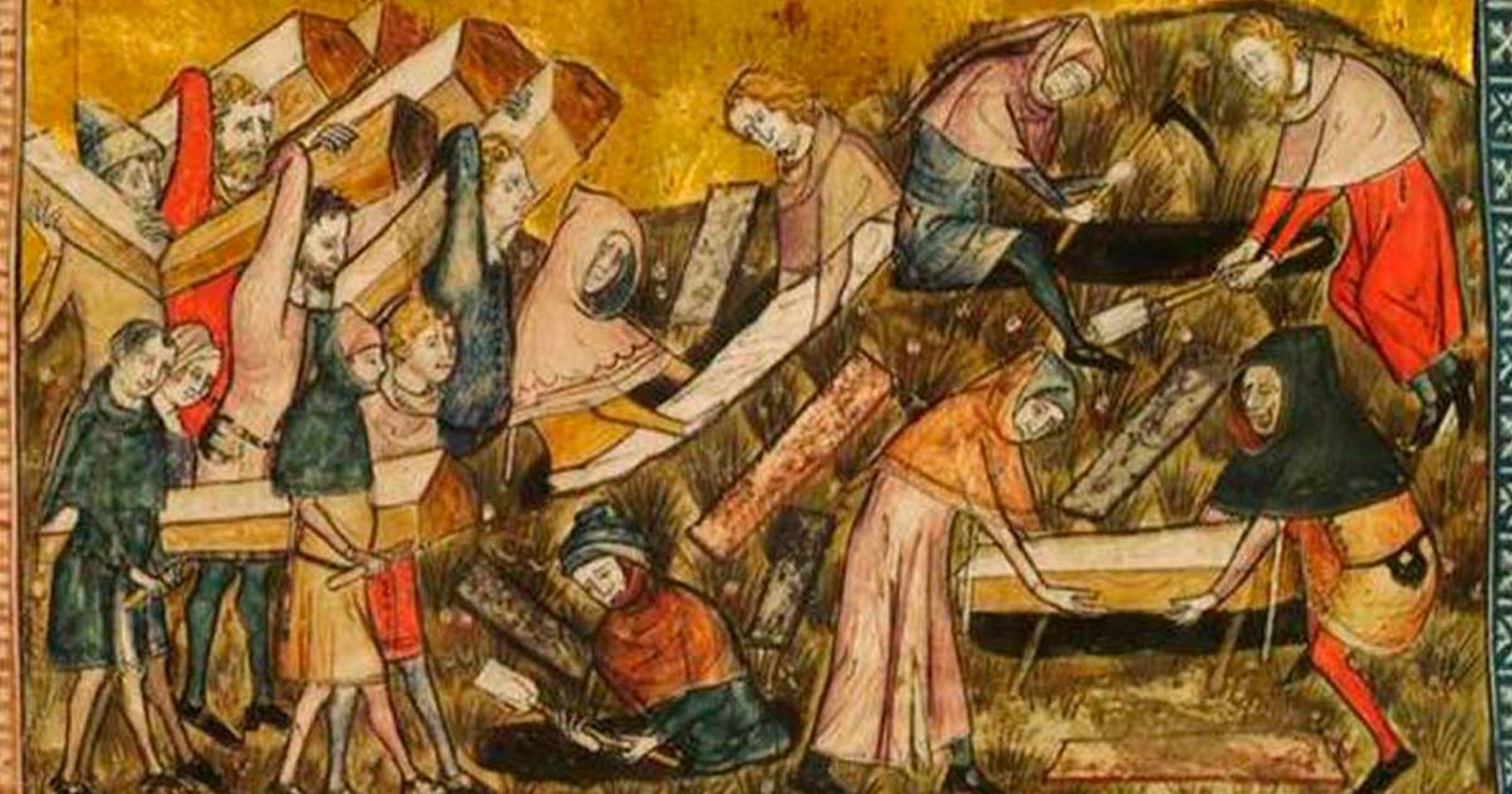
Uncovering Racial Disparities in Plague Mortality
Led by Dr. Rebecca Redfern, the Human Osteology Curator at the Museum of London, the study analyzed the remains of 145 plague victims excavated from three London cemeteries. These burials, including those from the East Smithfield emergency plague cemetery, St. Mary Graces, and St. Mary Spital churches, provided crucial insights into the racial composition of plague victims. Surprisingly, the number of African Londoners in these cemeteries exceeded expectations, with Black women showing the highest mortality rates, highlighting their elevated vulnerability to the plague.
Exploring Biosocial Factors in Plague Vulnerability
Dr. Redfern and her collaborators, Dr. Joseph Hefner from Michigan State University and Dr. Sharon DeWitte from the University of Colorado, emphasized the significance of their study in elucidating the impact of racial disparities on plague susceptibility. Their research underscores the profound effects of “premodern structural racism” on health outcomes during the medieval era, revealing the enduring consequences of social marginalization on disease vulnerability.
Challenges in Understanding Marginalized Histories
Despite the challenges in studying marginalized communities in ancient societies, archaeological research offers invaluable insights into their lived experiences. With limited written records, bioarchaeological methods provide a nuanced understanding of the health and social conditions of marginalized groups. Dr. Redfern highlighted the role of socioeconomic factors in shaping health outcomes, drawing parallels between the medieval Black Death and the recent Covid-19 pandemic.
Contextualizing Medieval Life for African Londoners
While concrete details about the daily lives of African Londoners in the 14th century are scarce, historical research suggests pervasive discrimination and economic hardship. Prof. Geraldine Heng’s work highlights the multifaceted challenges faced by people of African descent in medieval London, foreshadowing their future entanglement in the transatlantic slave trade.
Impact of Socioeconomic Factors on Plague Vulnerability
The vulnerability of Black women to the bubonic plague underscores the intersecting influences of socioeconomic status and health outcomes. Despite facing economic disparities, the dignified burials of Black plague victims challenge stereotypes of disrespect and highlight the compassionate treatment afforded to them in death.
Concluding Remarks
The research on the impact of the Black Death on Black women in medieval London offers a sobering reminder of the enduring legacy of structural racism on health disparities. By unraveling the complexities of historical epidemics, scholars strive to illuminate the marginalized narratives of the past and advocate for greater equity in health and society.

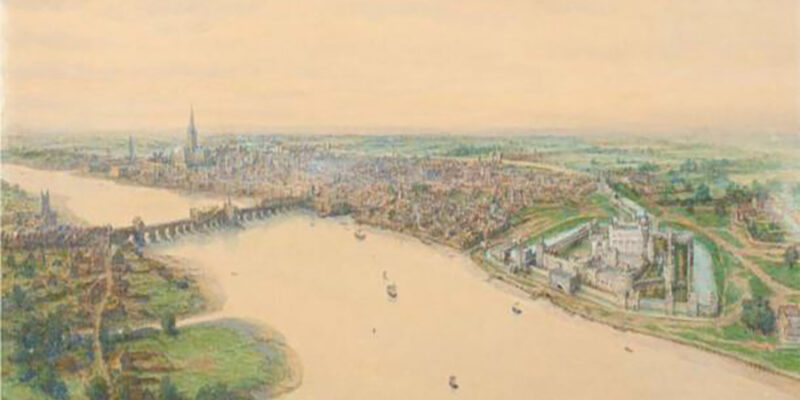
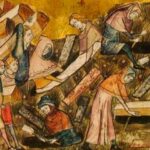

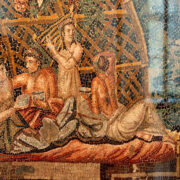


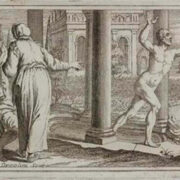



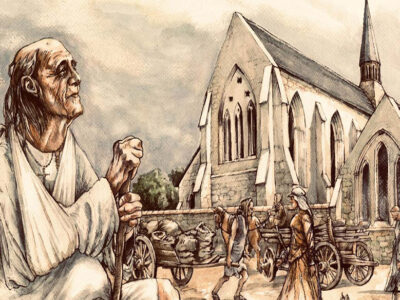
Comments